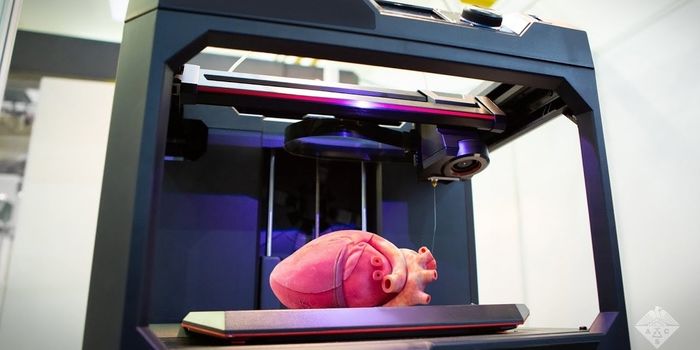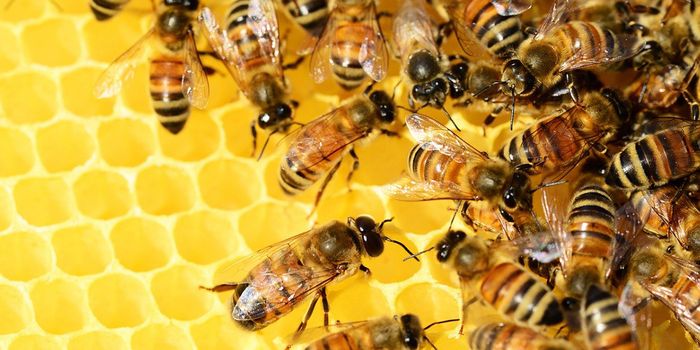Our bodies have to use barriers to protect us from our environment at all times. In the gut mucosa, special cells reinforce this barrier and are one of the first lines of defense against pathogens. They also ensure tolerance against good bacteria and food.
Recently a new cell type was discovered here, innate lymphoid cells or ILCs. They orchestrate the immune response and help keep everything in an equilibrated state. They don't use antigen recognition as many immune cells typically do, but instead are activated by cytokine signals from inside the tissue.
For example, dendritic cells (which specialize in antigen presentation) get relevant antigens from the microbiota of the gut. They then secrete interleukin-23, which then stimulates ILCs to make interleukin-22, which causes the gut epithelium to secrete antimicrobial peptides that will directly kill bacteria. Thus, dendritic cells and ILCs are in a cooperative relationship to maintain gut barrier against harmful bacteria.
There is a lot of crosstalk in the gut that maintains homeostasis, and many roles for ILCs in that maintenance, including immune response against parasites, responding to inflammation, and more. The video does an excellent job of illustrating these complex interrelated activities.








